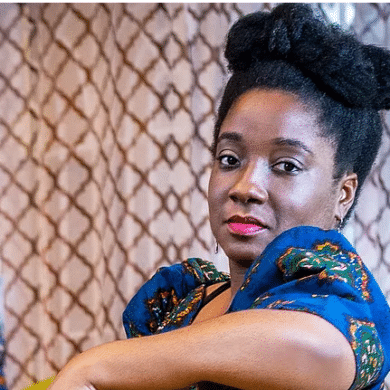In recent years, there has been growing debate and calls for more diversity in international funding destined for Africa as well as how the continent can encourage more local African asset owners to invest in impactful, sustainable and profitable sectors of the productive economy like its burgeoning Tech ecosystem. According to DEVEX, ‘Organisations led by Africans tend to get less money – with more strings attached – compared with those led by others.’ For the African Tech sector alone, insights from TechCabal illustrate that “only 2 out of 10 investors who participated in VC deals in Africa between 2014 and 2019 were local.”
This rolling conversation has been sparked by the notoriously high proportion of venture capital that goes to white founders operating in Kenya in particular, for example, and due to the controversial positioning of companies like Jumia, as ‘African’. Furthermore, there has been a lot of push back against a heavy-handed reporting culture of mistrust, which, in practice, constraints rather than enables the recipients of international grant funding from big Philanthropy, hindering their ability to run their innovative initiatives and social enterprises. Despite the essential nature of the services provided by NGOs, which themselves often lack the capacity to execute projects, and private sector intermediary firms to Development Financiers and governments, such organizations are often exposed to highly politicized bid processes which result in applications that have little chance of succeeding; what we see is a huge disparity of funding in favor of advisory firms from the Global North to the detriment of local expertise from the Global South with a clear proximity advantage.
During a recent DEVEX event discussing the Sustainable Development Goals and Angel Investing, African Venture Philanthropy Alliance (AVPA) CEO, Frank Aswani made a case for foundations and donor agencies to change their approach to become more “innovative, catalytic investors – instead of just giving money away as grants.” AVPA has been at the forefront of promoting innovative new approaches to Development Finance such as venture philanthropy and blended finance.
It’s also worth adding that many organizations in the ‘West’ and ‘Global South’ have made pledges to support diversity and racial equity but have failed to deliver.
Funders including Philanthropy, VCs, DFIs and Corporate Sustainability leaders are under pressure to be seen to be directing resources to those on the ground and not thousands of miles away from developing regions.

In a recent TEDx talk, African Entrepreneurship, Gender Lens Investing, and Board Advisor, Amma Gyampo ended her segment with a rallying cry for “a more connected development”. She urges donors, DFIs and philanthropists to re-examine their biases and relationships with intermediaries from Africa. Gyampo is Co-Founder of the social enterprise, ScaleUp Africa, a female-led consulting firm based in Accra deploying innovative Corporate ESG, Innovation and Entrepreneurship services, capacity building initiatives to benefit women in the Tech, Agriculture and Creative industries in particular. The firm is one of the implementation partners for Mastercard Foundation’s COVID Resilience and Recovery Programme in Ghana charged with supporting SMEs with training and market access linkages. “In this post-Floyd and COVID world, African owned advisory firms play a critical role to tackle Racial Bias in the allocation of funding to Africans for the benefit of African ecosystems. These are all major security risks to the world at large. Africa is the youngest, most dynamic region in the world; as such, progressive boards, social investors and grantmakers can no longer overlook African advisory talent with local socio-cultural capital.”
ScaleUp Africa is a part of the new movement advocating and executing investment for mutual good and to achieve impact in Africa.

